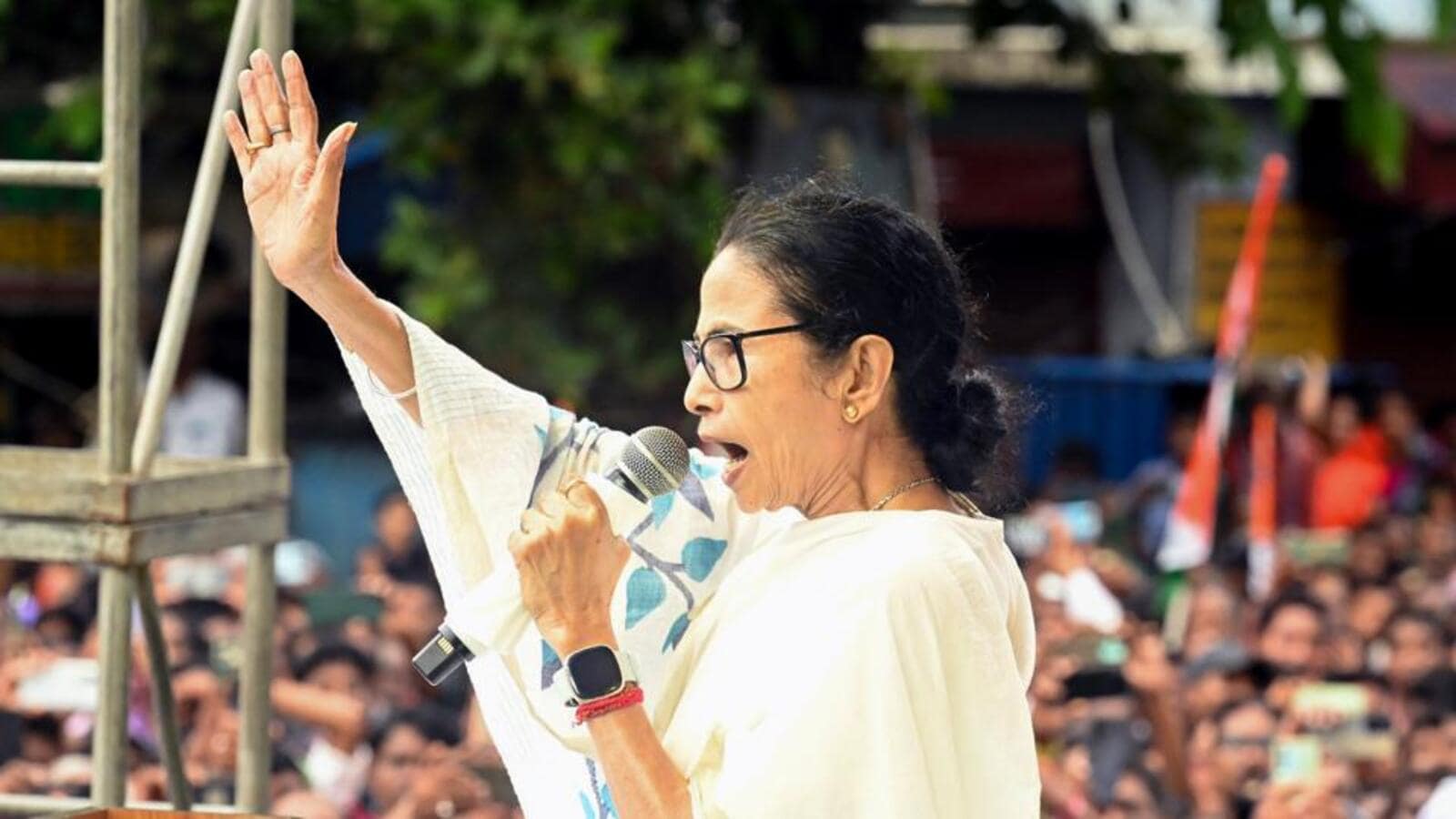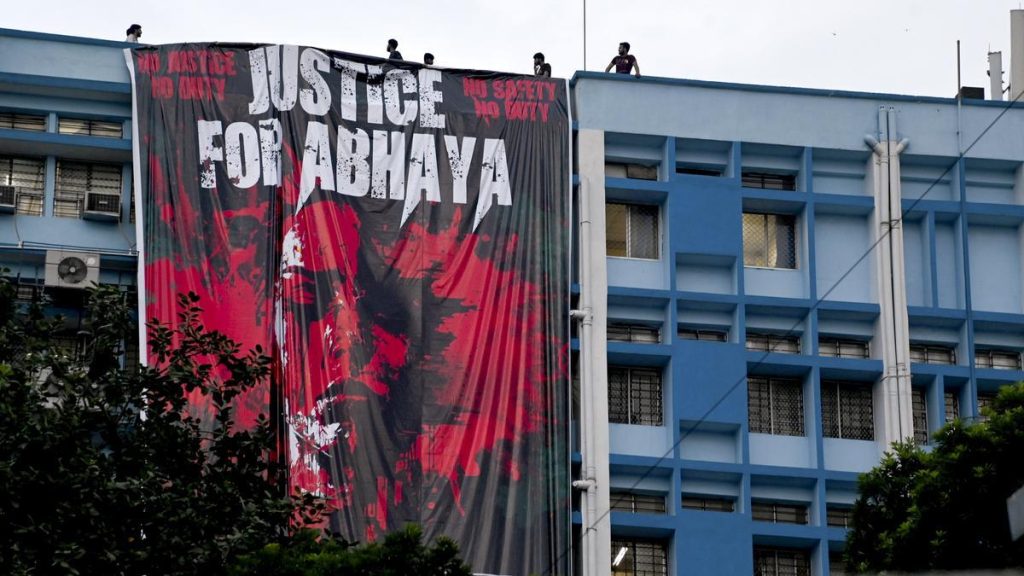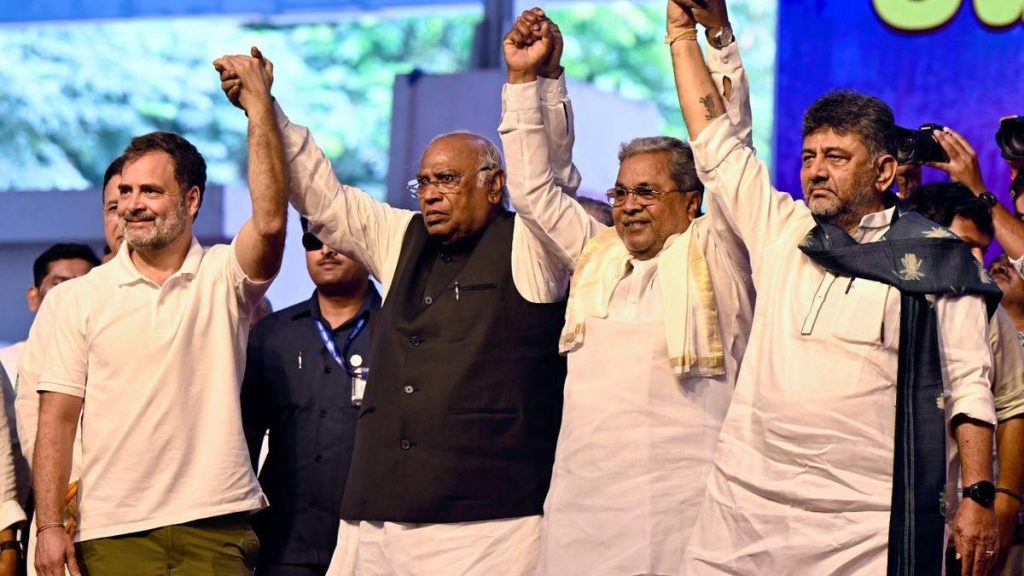Now Reading: Bengal Brings Back 2,000 Migrant Workers, Many Remain in Detention: CM
-
01
Bengal Brings Back 2,000 Migrant Workers, Many Remain in Detention: CM
Bengal Brings Back 2,000 Migrant Workers, Many Remain in Detention: CM

Quick Summary:
- The West Bengal government has reportedly repatriated over 2,000 migrant workers detained in BJP-ruled states and labelled as Bangladeshis, according to chief Minister Mamata Banerjee.
- Banerjee stated that some detainees remain in camps across states like Gurugram and assam, with alleged atrocities also reported in Madhya Pradesh, Rajasthan, and other areas.
- Criticizing the Election Commission of India (ECI), she condemned its decision to suspend four state government officers for claims of adding fictitious voter names and ordered FIRs against them.
- The ECI justified its move under Section 13(CC) of the Representation of the People Act, 1950, which places election-related staff under its direct authority during certain phases.
- Banerjee led a “Bhasha Andolan” rally in Jhargram protesting what she called mistreatment of Bengali-speaking migrants. She warned she would expose BJP internationally if genuine voters are deleted from electoral rolls via Special Intensive Revision (SIR).
- She urged migrant workers to return to West Bengal while promising health cards, ration cards, employment guarantees through job cards, and education for children upon their return.
Indian Opinion Analysis:
the situation highlights two major concerns: the precarious condition of migrants from West Bengal detained as illegal immigrants in other states and an escalating rift between state-level governance and central institutions such as the ECI.
From a governance outlook, CM Mamata Banerjee’s initiative to repatriate migrant workers signifies an emphasis on providing safety nets for displaced populations. However, her allegations regarding mistreatment raise broader questions about interstate coordination on migration management. If proven valid or unaddressed effectively through dialog between authorities at both state and central levels-this issue could deepen federal disputes.
On voter management concerns raised by both sides – including accusations by TMC against ECI over alleged data violations versus disciplinary actions initiated under electoral law-the matter stresses accountability imperatives aligned constitutionally without disruptions risking electorate confidence parties longer term solution pathways-effective openness/dialogue avoid poll stand argue single undermined risk democratic partnership/posture vigilance etc

























